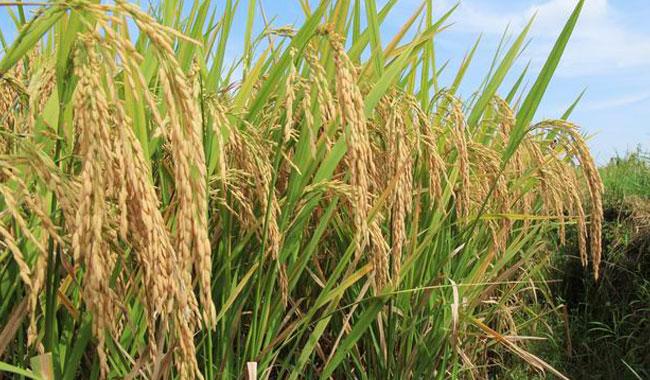Pesticides are poisons and, unfortunately, they can harm
more than just the “pests” at which they are targeted. They are toxic, and
exposure to pesticides can not only cause a number of health effects, but is
linked to a range of serious illnesses and diseases in humans, from respiratory
problems to cancer.
Exposure
Exposure to pesticides can occur in many ways. Exposure can
occur in agriculture, through the treatment of crops, plants and grain stores.
It can occur in forestry, gardening, professional and domestic pest control and
through the spraying and use of amenities e.g. our parks, pavements and playgrounds.
Exposure can also occur through the treatment of wood with preservatives, the
treatment of boat hulls with anti-fouling agents, and the treatment of
livestock with anti-parasitic preparations, e.g. sheep dip etc. In addition,
pesticide residues found on, and in, our food also puts us at risk.
Should you be concerned?
Acute toxicity
Pesticides can be acutely toxic. This means that they can
cause harmful or lethal effects after one single episode of ingestion,
inhalation or skin contact. The symptoms are evident shortly after exposure or
can arise within 48 hours. They can present as:
- respiratory tract irritation, sore throat and/or cough
- allergic sensitization
- eye and skin irritation
- nausea, vomiting, diarrhea
- headache, loss of consciousness
- extreme weakness, seizures and/or death
Long term (or chronic) toxicity
Pesticides can cause harmful effects over an extended
period, usually following repeated or continuous exposure at low levels. Low
doses don’t always cause immediate effects, but over time, they can cause very
serious illnesses.
Long term pesticide exposure has been linked to the development
of Parkinson’s disease; asthma; depression and anxiety; cancer, including
leukaemia and non-Hodgkin lymphoma; and attention deficit and hyperactivity
disorder (ADHD).
Preventive Measure
Reduce the use of synthetic chemical pesticides
Grow and promote organic kitchen gardening in need of pesticide use organic or natural pesticides.
Source: pan-uk.org










